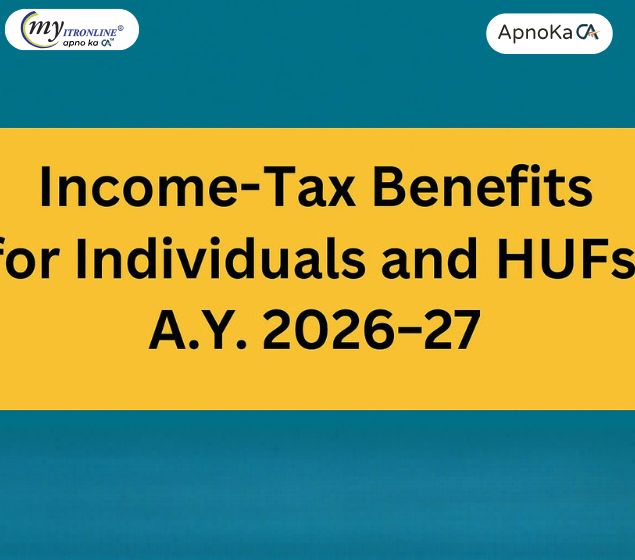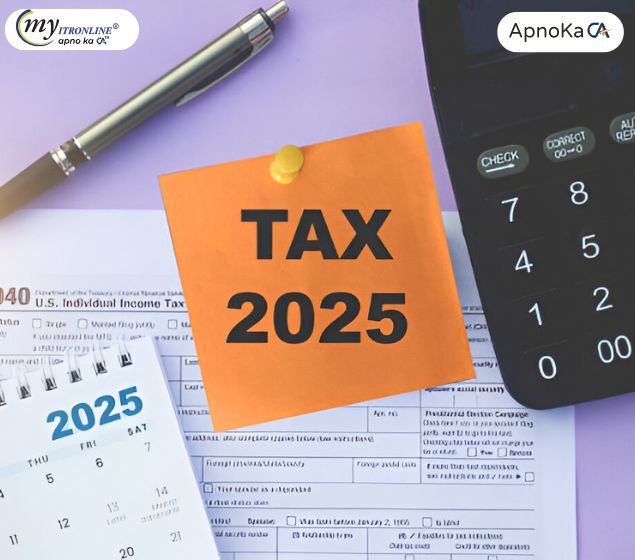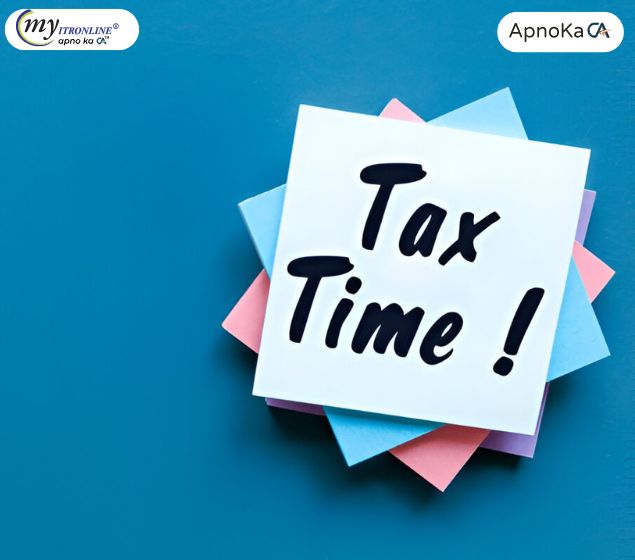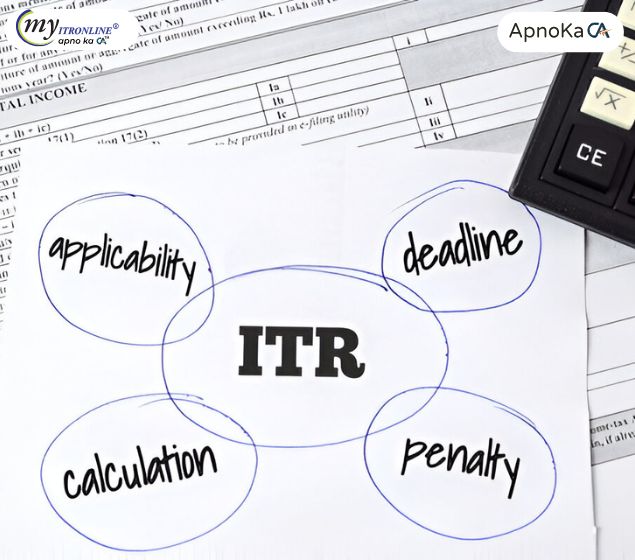# presumptivetax
12 posts in `presumptivetax` tag

Income Tax Benefits for Individuals and HUFs A.Y. 2026–27
A simplified guide to income tax benefits available to Individuals and Hindu Undivided Families (HUFs) for A.Y. 2026–27. Covers exemption limits, rebates, popular deductions, and simplified tax schemes to help taxpayers plan better and save legally.

Breaking: Presumptive Taxation Moves to Section 58 - Complete Guide
The Income Tax Act 2025 introduces Section 58, replacing Section 44AD for presumptive taxation of small businesses. This provision applies to eligible assessees with turnover up to ₹2-3 crore, offering simplified tax computation at 6% for digital transactions and 8% for other receipts, or actual profit—whichever is higher. The change promotes digital payments and reduces compliance burden for small businesses while maintaining revenue collection efficiency.
.jpg)
The 1,50,000 Mistake: Why Filing Under 44AD Instead of 44ADA Could Wreck Your Finances
This blog post addresses a common but serious error made by professionals and freelancers who incorrectly file their income tax returns under Section 44AD (for businesses) instead of the appropriate Section 44ADA (for professionals). It explains the fundamental differences between the two sections, how the Income Tax Department's AI systems detect this discrepancy through TDS mismatches and unusually low-profit declarations, and the severe consequences that follow, including mandatory audits and multiple financial penalties. The article concludes by offering a clear, step-by-step guide on what to do if you receive a notice for this mistake, emphasizing the importance of consulting a professional and taking prompt corrective action.
.jpg)
Tax Audit under 44AB: Revised 2025 Essentials
This guide explains the updated Guidance Note on Tax Audit under Section 44AB of the Income-tax Act, 1961, for the Assessment Year 2025-26 (Financial Year 2024-25). It clarifies who needs a tax audit, points out key changes in Form 3CD, including new clauses for digital transactions, MSME reporting, and buybacks. It also outlines the audit process, lists important due dates, and details the penalties for non-compliance. The guide offers best practices for taxpayers to help ensure smooth audits and strong tax compliance in India.
.jpg)
Small Business & Professional Taxes: A Guide to Sections 44AA, 44AB, 44AD, 44ADA for FY 2024-25
For small businesses and professionals in India, understanding Sections 44AA, 44AB, 44AD, and 44ADA of the Income Tax Act, 1961, is essential for smooth tax compliance. This guide explains how these sections apply for the Financial Year 2024-25 (Assessment Year 2025-26). It covers necessary bookkeeping, tax audit rules, and the simplified presumptive taxation schemes that can greatly lessen the compliance burden for qualified taxpayers.
.jpg)
New Tax Audit Limits: Your Guide to AY 2025-26 Changes
This blog details the updated Tax Audit rules for AY 2025-26 (FY 2024-25), highlighting changes in turnover limits for businesses opting for presumptive taxation under Section 44AD and other key triggers for mandatory audits.
.jpg)
Easy Guide: Which ITR Form (3 or 4) is Right for You, Freelancer?
This blog explains the key differences between ITR-3 and ITR-4, specifically for freelancers and consultants, outlining eligibility criteria and scenarios to help them choose the correct income tax return form.

Easy Tax Rules for Small Businesses & Professionals (FY 2024-25)
This comprehensive blog post provides a detailed overview of the presumptive taxation schemes under Sections 44AD and 44ADA of the Income Tax Act, 1961, for the Financial Year 2024-25 (Assessment Year 2025-26). It explains the eligibility criteria, benefits, and important considerations (like the 5-year rule) for small businesses and professionals. Additionally, it clarifies the requirements for maintaining books of accounts under Section 44AA and the applicability of tax audits under Section 44AB, including the enhanced turnover limits. The blog aims to simplify complex tax provisions, helping taxpayers make informed decisions for better compliance and tax planning.

Section 44ADA Explained: Presumptive Taxation Benefits for Self-Employed
This comprehensive guide delves into Section 44ADA of the Income Tax Act, 1961, offering a simplified "presumptive taxation" scheme for eligible self-employed professionals. Discover who qualifies, how to calculate your taxable income at a minimum of 50% of gross receipts, and the significant benefits like exemption from detailed bookkeeping and tax audits. Learn about crucial compliance aspects, including advance tax and the increased ₹75 Lakhs gross receipts limit, to make informed decisions for smarter tax planning and effortless compliance.

Understanding 44AA, 44AB, 44AD, 44ADA for the Upcoming AY 2025-26
This post offers an in-depth overview of key Income Tax Act sections (44AA, 44AB, 44AD, 44ADA) applicable for AY 2025-26 (FY 2024-25). It details the requirements for maintaining accounting records and mandatory tax audits based on income/turnover thresholds. It also explains the presumptive taxation schemes for eligible small businesses (44AD) and professionals (44ADA), including updated limits and the implications of opting for or out of these schemes. The guide aims to clarify compliance duties for taxpayers

AY 2025-26 Tax Alert: Key Modifications in ITR-1 (Sahaj) & ITR-4 (Sugam)
This blog provides a detailed breakdown of modifications in ITR-1 and ITR-4 forms for Assessment Year 2025-26 based on a recent analysis. It explains the new allowance for minor LTCG under Sec 112A (up to ₹1.25 lakh) in both forms, the enhanced conditional presumptive tax limits under Sec 44AD/44ADA linked to digital receipts, and common changes. These common changes include expanded disclosures for Form 10-IEA (new tax regime opt-out), mandatory specific clause selection for Chapter VI-A deductions, enhanced reporting for Sec 89A (foreign retirement income), compulsory disclosure of all active Indian bank accounts, and mandatory selection of a refund account. The post advises taxpayers on how to prepare based on these specific updates.

Advance Tax Guide for Presumptive Taxation Users (Sec 44AD/44ADA)
This blog explains how opting for presumptive taxation under Sections 44AD (businesses) and 44ADA (professionals) simplifies Advance Tax obligations, requiring only a single payment by March 15th instead of quarterly installments. It covers eligibility, calculation, and non-compliance consequences.
